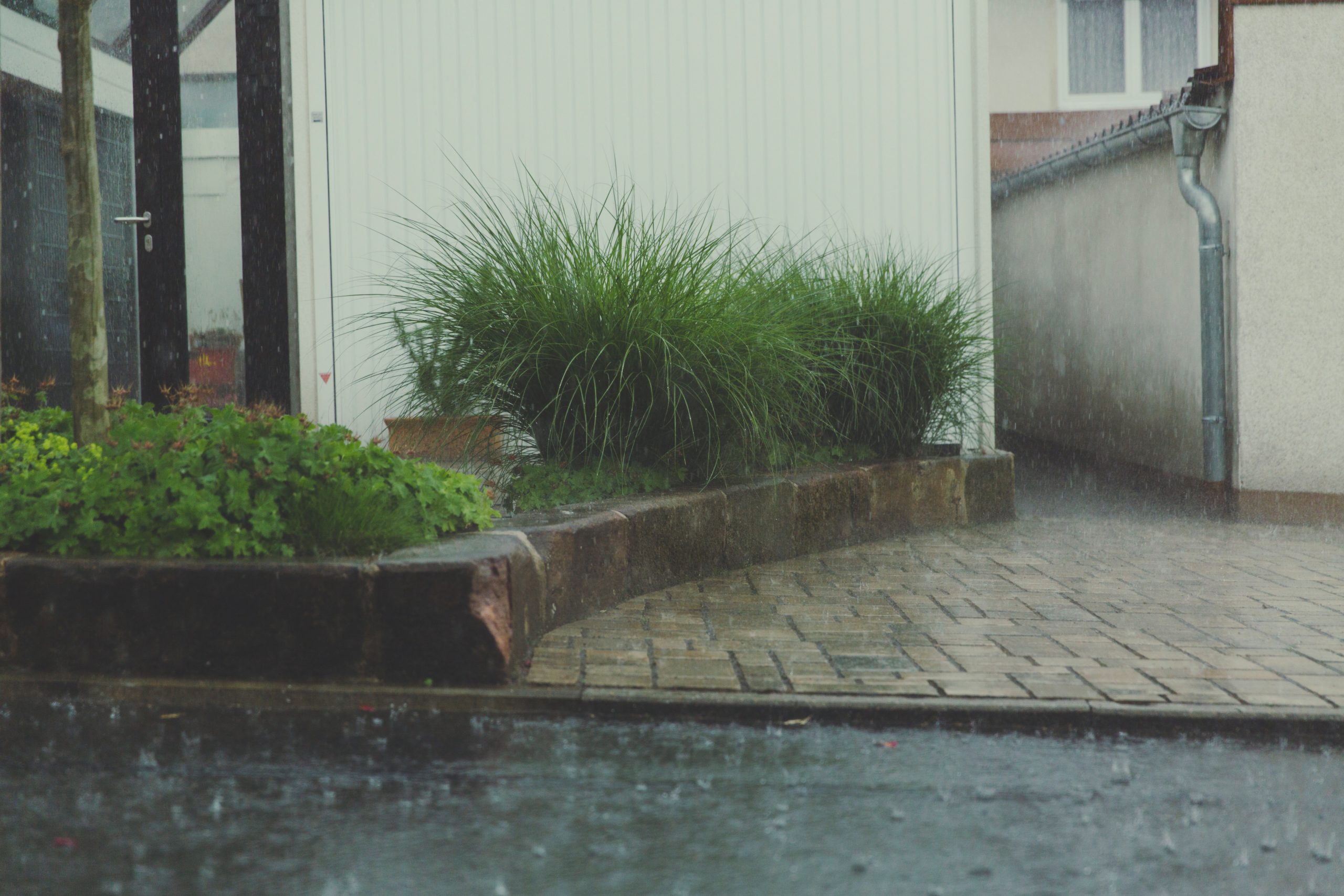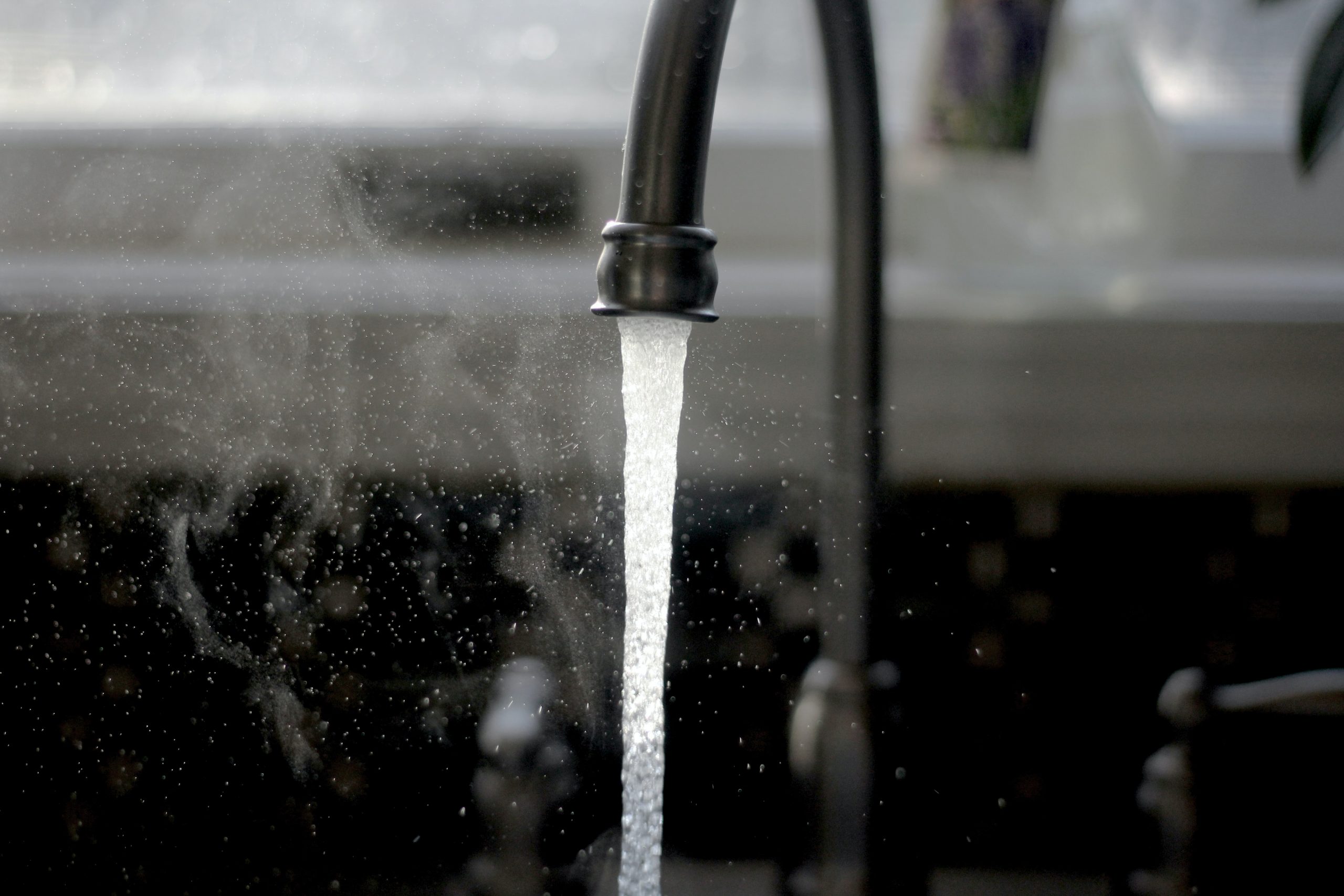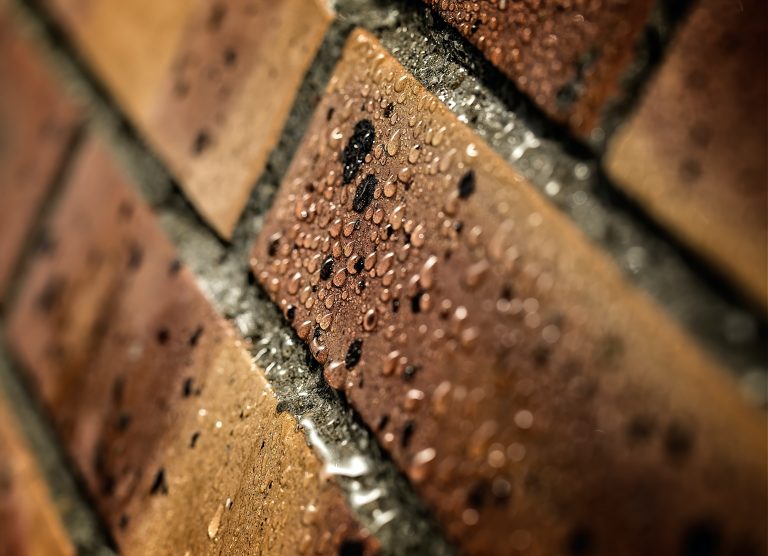Basement waterproofing is an essential part of every home improvement project. Aside from the functional benefits, it can also increase the value of your property by 400%, returning your investment instantly!
Having your basement waterproofed is also a key step if you’re planning to renovate your basement. Just think of the extra square footage you’ll have once you no longer have a wet basement with water infiltration issues that leave you with leaks, mould, and costly water damage.
After learning about its perks, you must be pretty excited about waterproofing your basement. Now, hold your horses if you’re thinking about pulling off a DIY because it is not as easy as removing broken screws with no heads. First, let’s talk about the many misconceptions about basement waterproofing that you need to know.
Let’s get started!
1. There’s Only One Way To Waterproof A Basement
False. There are numerous ways to waterproof your basement. Professional basement waterproofing companies don’t use cookie-cutter solutions but holistic approaches to effectively identify and address specific issues unique to your property. Basement waterproofing can be done by managing a high water table using a sump pump system, installing an exterior waterproof membrane to keep your foundation walls dry, or using various methods of rainwater management.
2. Basement Waterproofing Is Expensive
The average cost of basement waterproofing is, at least, around $1900. Hence, many people dismiss it right away because they immediately think it’s expensive and unaffordable.
But, it doesn’t tell the whole story.
The truth is, basement waterproofing is a worthwhile investment, considering how much it would cost you to fix the water damage to your home’s interiors and furniture or, worse, if it messes up with your foundation’s structural integrity or even worse if your water feature is placed on the wrong location. It’s a preventive and proactive measure that will save you money in the long run and keep your loved ones living comfortably.
Plus, if you cannot afford to settle the whole fee at once, some waterproofing companies offer flexible payment terms or easy financing options.
3. Only Some Basements Can Be Waterproofed
This isn’t true. As we mentioned in the first point, there’s no one singular way to waterproof a basement. Basement waterproofing can be adapted to the particular needs of the property. Even properties that don’t have an excavation space around the basement walls can still undergo interior basement waterproofing.
4. Basement Waterproofing Is Only For Areas with Much Rainfall

Image source: https://www.pexels.com/photo/wood-light-landscape-water-115835/
False. Every home with a basement can benefit from waterproofing. Excess water can come from elevated parts around the property and also contribute to a high water table. Additionally, even with relatively less rainfall, if your property’s soil has a high clay content, it will retain more water. Groundwater can slowly cause moisture infiltration on any unprotected basement wall, causing or aggravating existing damage, such as wall cracks, over time.
5. Basement Waterproofing Only Serves to Keep Leaks Away
No. One of the main perks of basement waterproofing is to keep leaks, puddles, and floods at bay. However, professional basement waterproofing can also protect your home’s foundation from plausible extensive damage caused by hydrostatic pressure pushing against the foundation walls and moisture infiltration that can worsen existing cracks.
6. Waterproof Paint Is Enough to Waterproof Basements
False. If you’re looking for a quick solution to seal basement walls, waterproof paint may have its benefits. However, doing this only minimizes the risks of leaks in your basement, and its effect lasts only around six months, which means it’s not a viable substitute for professional waterproofing.
7. Basement Waterproofing Is High Maintenance
False. Basement waterproofing done by a professional waterproofer requires little to no maintenance at all. Typically, if a sump pump and sump pit are parts of your personalized waterproofing system, all you need to do is clean it every few weeks. Other than that, you only need to call your provider for annual maintenance to keep it in tip-top shape.
8. Basement Waterproofing Needs to Be Redone in a Few Years’ Time
This isn’t true. Basement waterproofing done by professionals can last for more than 10 years.

9. Basement Waterproofing Can Be Done By Any Contractor or Plumber
Basement waterproofing is a specialized kind of service that requires technical expertise. While a plumber or contractor can offer the same service, you’ll get the most bang for your buck when you trust a local basement waterproofing company to get the job done.
10. DIY Basement Waterproofing Is OK
False. Possibly one of the most harmful misconceptions is that basement waterproofing can be a DIY project. This puts homeowners at risk of putting a Band-Aid solution over what could be a more serious problem.
When you attempt a do-it-yourself foundation waterproofing for your basement, there’s a possibility that you’ll not effectively and sufficiently address everything. You’ll always have a wet basement as long as there’s a high water table, the hydrostatic pressure keeps pushing your walls, or there’s improper rainwater management soaking your foundation on the outside. The worst part is having these problems suddenly come up in the future when you have already spent money renovating your basement because of the false promises of DIY solutions.
Final Thoughts
Basement waterproofing is best done by professionals who have the technical expertise and proper equipment to do the job.
Most of these basement waterproofing misconceptions are potentially limiting and can do you more harm than good. That’s why, as with anything in life, fact-checking is a must.

